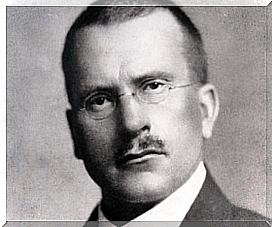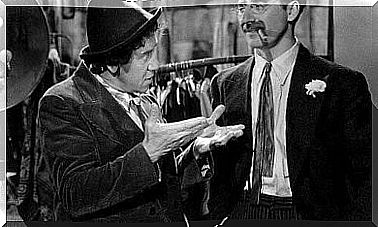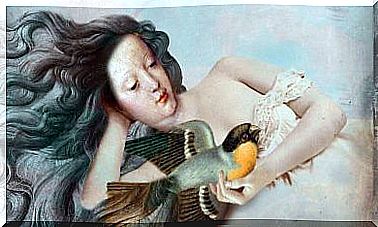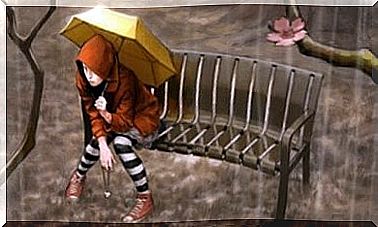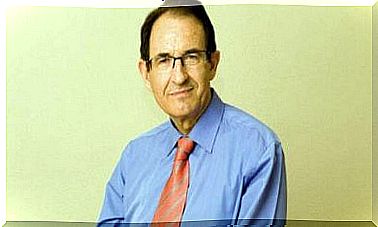The Development Of Professional Life

In our professional life, we meet friends and enemies, we acquire a sense of skills, we fulfill a series of goals, we learn from our mistakes and we manage to make our aspirations come true. Our profession is an important part of our identity and our social context. Having a job gives us access to a certain way of life and, of course, remuneration. However, there is more to a professional career than that.
Professional life is going to be very different depending on the vital stage we are going through. Our vision of the work will depend on these steps. In this article, we will therefore explore the conclusions drawn from studies and research on the development of working life.
We can say that there are three big phases or three big important moments related to our professional life: the search for work, its completion and possession then the retirement which follows. Let’s explore these points further.
The search for work
One of the main goals of young adults is to find a job that allows them to be productive while having sufficient resources to be independent. This last point is seen as one of the reasons why young people choose the best paying positions. On the other hand, older adults, who are already independent, will want to be professionally satisfied.

You should know that there are a multitude of factors influencing the effectiveness of a job search. One of the most important is the family of origin of the young job seeker. For example, she can have a direct influence by using her social support networks to get her child hired. Or by pushing him to keep a specific professional role or status.
The family can also directly influence the search for work. It can give young people access to adequate training or promote certain attitudes or behaviors.
In addition, a central aspect in the search for work is the social status. Research shows us that families normally pass on their social status to their children. This has an influence on their professional life. In this way, working-class families, who must obey an authority figure, regard the obedience of their children as a positive attitude. In extreme cases, it can be dangerous to be locked into a specific social and economic life.
Life with a job
Once the job has been obtained, the individual’s objectives or goals are to keep it or move up in rank. Today’s professional life is much more dynamic than in the past. It is for this reason that young people today are more motivated when it comes to changing jobs.
There are two central aspects when evaluating a job. These will determine its maintenance: remuneration and professional quality. Salary represents the extrinsic motivation for work. Even if it will be of great importance at the beginning, it will then take second place in professional life.
The quality of work would be the intrinsic motivating factor, the one that will determine the degree of satisfaction. Ultimately, the ultimate goal of work is to meet productivity aspirations and achieve a certain quality of life. These two points are more related to the quality of work than to remuneration.
Retirement: the end of professional life
All stages come to an end. Retirement represents the end of professional life. But it must be taken into account that retirement does not necessarily have to imply a sudden break with professional reality. Rather, it is a transition. This is a stage that each person will experience in a determined way, depending on their professional development and their aspirations.

We can say that there are three distinct ways to experience retirement:
- Honeymoon. This is the case of those individuals who begin to carry out activities that they wanted to do. However, their professional life prevented them from doing so. They now have time to travel, go back to school, discover new passions, etc. These are usually people who are happy and willing to retire. They also benefit from sufficient economic resources to take advantage of this “honeymoon”.
- Rest and relaxation. In this case, the adult considers retirement as a way of resting and freeing himself from the obligations that he has had to follow throughout his working life.
- Continuity. These are adults who continue to carry out activities related to their professional life. These adults were satisfied with their work and wish to continue to maintain a link with it. Even if, of course, they do away with professional obligations.
As we can see, retirement implies the end of professional life, but not the end of life. Although for many people it implies a crisis due to loss of productivity and business, it is a vital stage full of challenges and goals.

